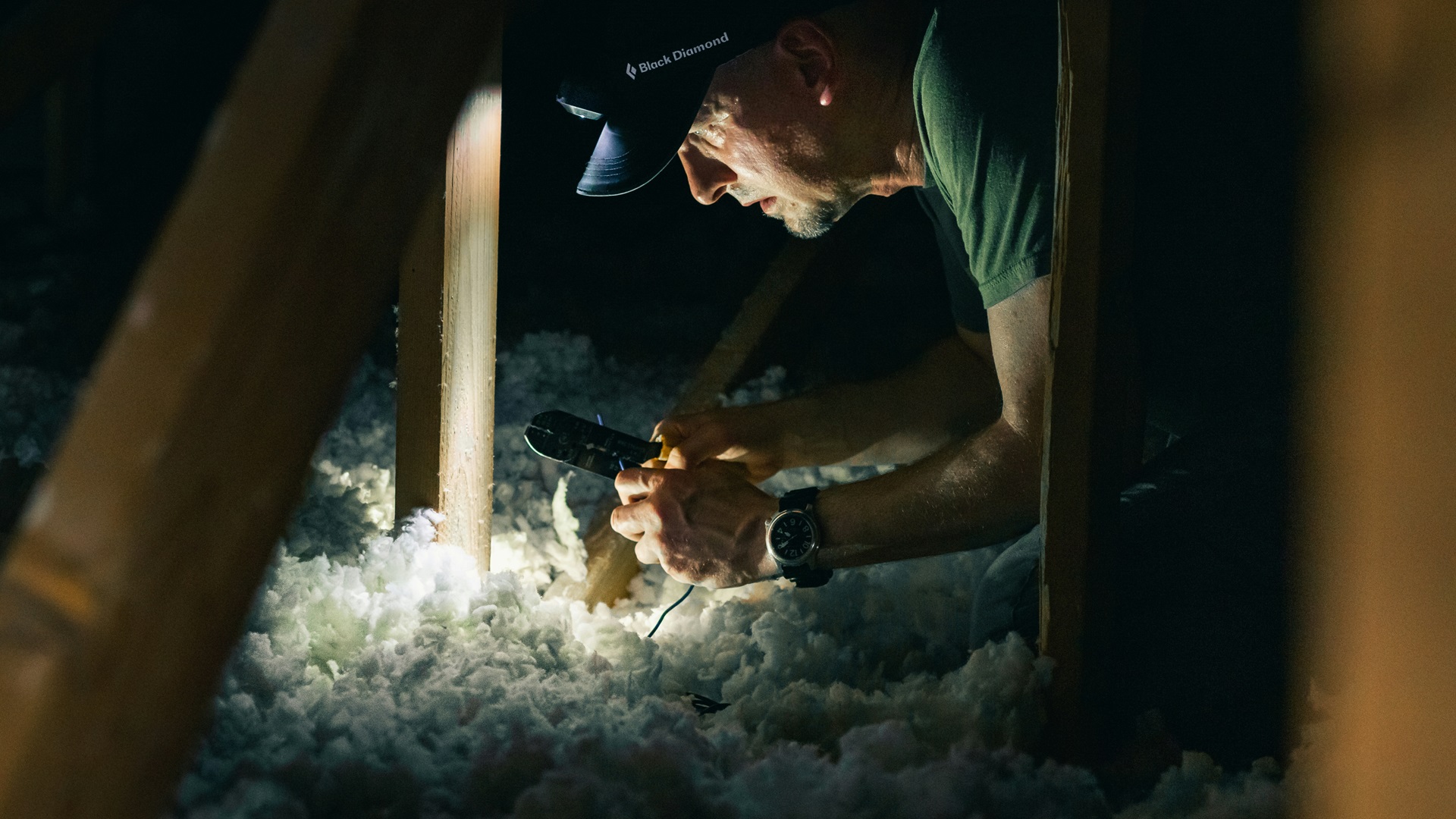“The energy crisis should have been a wake-up call for the government to subsidise basic insulation measures in the UK’s draughtiest homes, as a way to keep bills down for good. Instead, we’ve had a piecemeal approach, and today we’re seeing the results: a drop in government-supported home insulations, when they should be accelerating.
“The result is eye-watering energy bills for yet another winter. The government needs to step up its game with a genuine mass insulation scheme and investment in training so we have a well-paid workforce ready to upgrade the nation’s homes.”
The UK Green Building Council estimates that a quarter of the UK’s emissions are directly attributable to the built environment.
With 80% of the buildings that will be occupied in 2050 already existing today, there is an urgent need to decarbonise homes in the present day if the UK is to live up to its climate change commitments.
Currently the UK has four schemes to carry out the work – the home upgrade grant, the local authority delivery schemes, Eco and the social housing decarbonisation fund.
NEF’s analysis of government figures tracking the schemes’ progress, released yesterday, found progress has been slow.
Advertising helps fund Big Issue’s mission to end poverty
The number of households upgraded by the home upgrade grant and local authority delivery schemes has fallen by 40% in the last year.
Similarly, the number of households upgraded under Eco – the largest and longest running scheme – has fallen by 55% over the past year.
The social housing decarbonisation fund is also down 41% quarter on quarter.
The UK should have installed 2,940,087 insulation measures between 2020 and the end of 2023 according to the UK’s own climate advisors.
But, so far, just 464,982 energy efficiency measures have been installed since 2020 across the four schemes.
Households won’t have to wait until 2050 to pay the price with energy bills still higher than before the pandemic.
Advertising helps fund Big Issue’s mission to end poverty
The Joseph Rowntree Foundation reported this week that 2.8 million of the poorest fifth of households were in arrears for household bills.
Just 53% of homes have cavity or solid wall insulation and only 48% are rated EPC A to C, according to the English Housing Survey.
A Department for Energy Security and Net Zero spokesperson said: “Our record on energy efficiency speaks for itself, with almost half of all homes in England having an EPC rating of C or above, up from 14% in 2010.
“We expect the rate of installations under the Great British Installation Scheme to increase over the coming months, and estimate more than 300,000 of Britain’s least energy efficient homes will be improved up to 2026 – helping to heat homes and save families money on their bills.”
Do you have a story to tell or opinions to share about this? We want to hear from you. Get in touch and tell us more.









